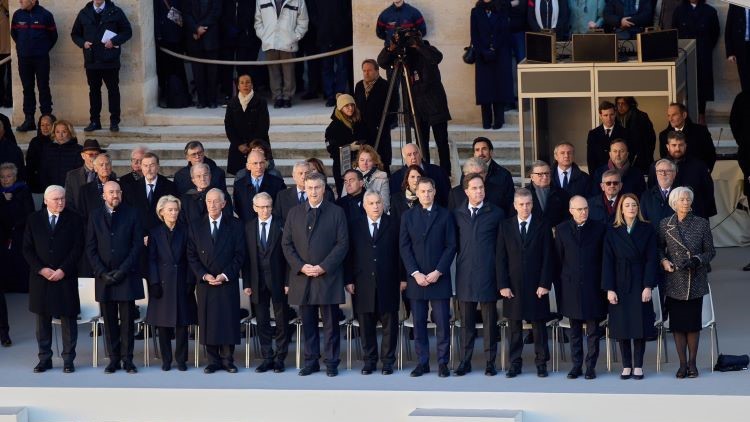Eduardo González
The identification of the Three Wise Men as “gift givers” par excellence at Christmas in Spain and in most of the Latin American countries has quite old roots. Nevertheless, the big step was taken in the 16th century, when the Church decided to replace the Christmas box, of pagan origin, by the distribution of gifts during the Feast of Epiphany.
As we all know, the first reference to the Wise Men of the East is in the Gospel according to St Matthew, which does not specify a number, name or royal position, and it was not until the 6th century when the names of Melchior, Caspar and Balthazar were registered for the first time in a mosaic of the church of St Apollinare Nuovo, in Ravenna (Italy).
The festivity of the Three Wise Men coincides with the celebration, the night from 5 to 6 January, of the first of the three Epiphanies of the Christian liturgical year, in particular, the one symbolizing Jesus revelation to the pagan world, represented by the Wise Men.
In time, and once the initial theological disputes about what should be the most important celebration of Christmas (Jesus’s Birth or Epiphany), the unification of both led to every country choosing one or the other as the day par excellence for gifts.
Most of the countries chose Christmas Eve, but in Spain, where like in other Catholic countries Epiphany and the Three Wise Men festivity were united, the turning point was the 16th century, when the Church banned the tradition of distributing gifts or sweets as Christmas box (a French feudal tradition of pagan origin) and established, as compensation, the Epiphany as symbol of the victory of day over night. From then on, the Wise Men of the East were forever associated to Christmas gifts.
The Three Wise Men travelled on board the ships of those Spaniards who conquered and colonized the New World. At the moment, the festivity is especially deep-rooted in Puerto Rico, where, according to some unconfirmed traditions, was celebrated the first mass of the history of America, precisely on 6 January. On the island, children put fresh lawn in a shoe box for camels to eat, and the day after, the box is full of gifts.
This tradition, with some variations, also exists in Venezuela, Argentina, Uruguay, Peru, the Dominican Republic and Paraguay.
A curious variant of this tradition takes place in Italy, another country with strong Catholic tradition, where Befana, a good witch that guided the Three Wise Men when they travelled to Bethlehem (and whose name comes from Epiphany), brings sweets for those children who have behaved well the night from 5 to 6 January.







